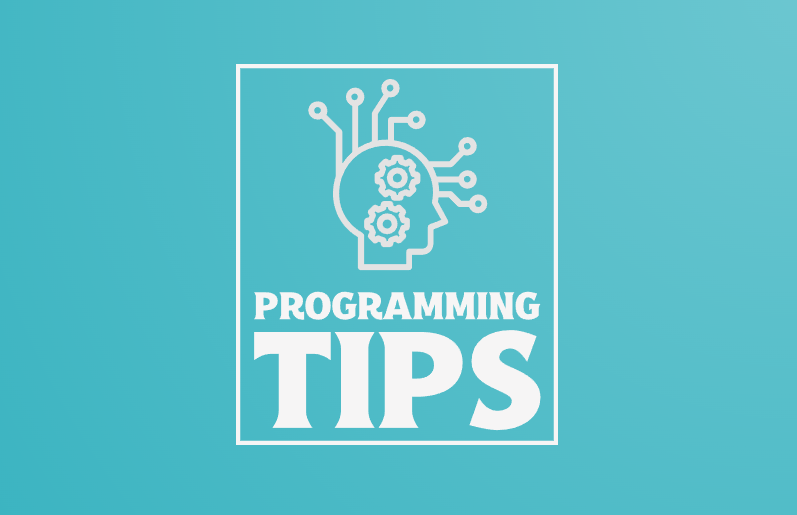
What programming language to choose
&
where to write your code
a gentle introduction to IDEs for coding
So you decided to learn something new. A good decision. It shows you are willing to step out of your comfort zone and to put some time and effort into something. But what should you think of? What’s important? What programming language to learn? And how to start?
Why to start ? Define your goal
Regardless whether the reason to start is just to learn something new and cool or to pursue a career, make sure you have one. You’ll need a guiding star on your way through the world of code where you’ll meet unexpected challenges (like SyntaxError or IndentationError), face moments of confusion (“I’ll never get how this works”), fatigue (coffee is not working anymore) and setbacks (“I give up, this can’t be solved”).
When you are going through these challenging situations and feel down and exhausted, have a break, do something else .. and then picture that guiding star and get back to your project and learning.
What language to choose? Equip yourself
A programming language is actually .. a language ! A set of instructions you want your program to execute. Like any human languages there are some more demanding (French, Czech) and some easier to handle (English, Spanish). And it’s not just the quality of a language – you need to consider how many people speak it and what can it be used for. It often makes sense to start with something widely spoken and versatile… unless learning a niche language is your specific aim.
You might be looking for something many people use (like Spanish can be for speakers of other Romance languages), and also universal and promising for the future – perhaps the “English of coding”? Good news – such a language exists.
Welcome Python!
Python is like a versatile multi-tool in your toolkit. Easy to learn (it’s in fact like simplified English). With many different areas of use (Data Analysis, Machine Learnig, Web Development, Automation .. ). With a vast potential for future. The perfect one to start with.
After you learn your first one, you can always learn more and become bilingual, trilingual or even more .. and explore JavaScript, C#, C++, PHP, Go, Swift, Ruby, Kotlin ..
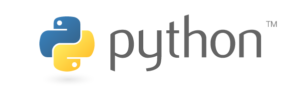
Python is free to download:
Your workspace – The IDE
You’ll need your own workplace – actually a playground for your practicing. It’s time to choose your IDE. An Integrated development environment (IDE) is basically an upgraded notepade where you write, edit and play around with your code.
The key difference to notepad is that IDE is designed for coding (and much more than that), it helps you to write your code better, offers ideas how to improve it and it gives you ideas and advises on different aspects of programming, code structure and the way it works. And errors. In the beginning you’ll get plenty of these tricky things. Your IDE will help to identify, find and explain them to you so you can understand and fix them. The result will be the more time you spent in your workspace and the more challenges you navigate the better you get.
Here are a few IDEs you can start with:
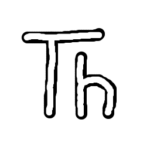
Thonny – basic, easy to use, Python is already integrated, great when you want to take it easy, completely free
– for beginners
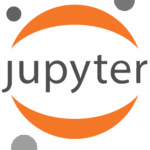
Jupyter Notebook – an excellent tool for learning, data analysis, and smaller projects. It combines notes and code in one interactive document, completely free
– for students and scientists
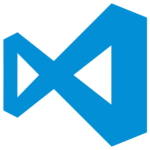
VS code – easy to use and work in, great for training projects, perfect middle ground, completely free
– for intermediate students and developers
https://code.visualstudio.com/
![]() PyCharm – takes some time to become familiar with, offers more features, great for bigger projects, a professional’s choice, completely free
PyCharm – takes some time to become familiar with, offers more features, great for bigger projects, a professional’s choice, completely free
– for advanced students and developers
https://www.jetbrains.com/pycharm/
You can also try some online IDEs – so no installation is needed e.g.:
Python online IDE: https://www.online-python.com/
Jupyter Notebook online: https://jupyter.org/try
—
If I am to recommend one to start with .. it would be VS Code for as long as you learn the basics of the language and create simple programs and projects. The moment you decide to go further – either becoming a pro or your projects grow in complexity – get the PyCharm.
Consider this your initial map and compass – the coding expedition awaits!
